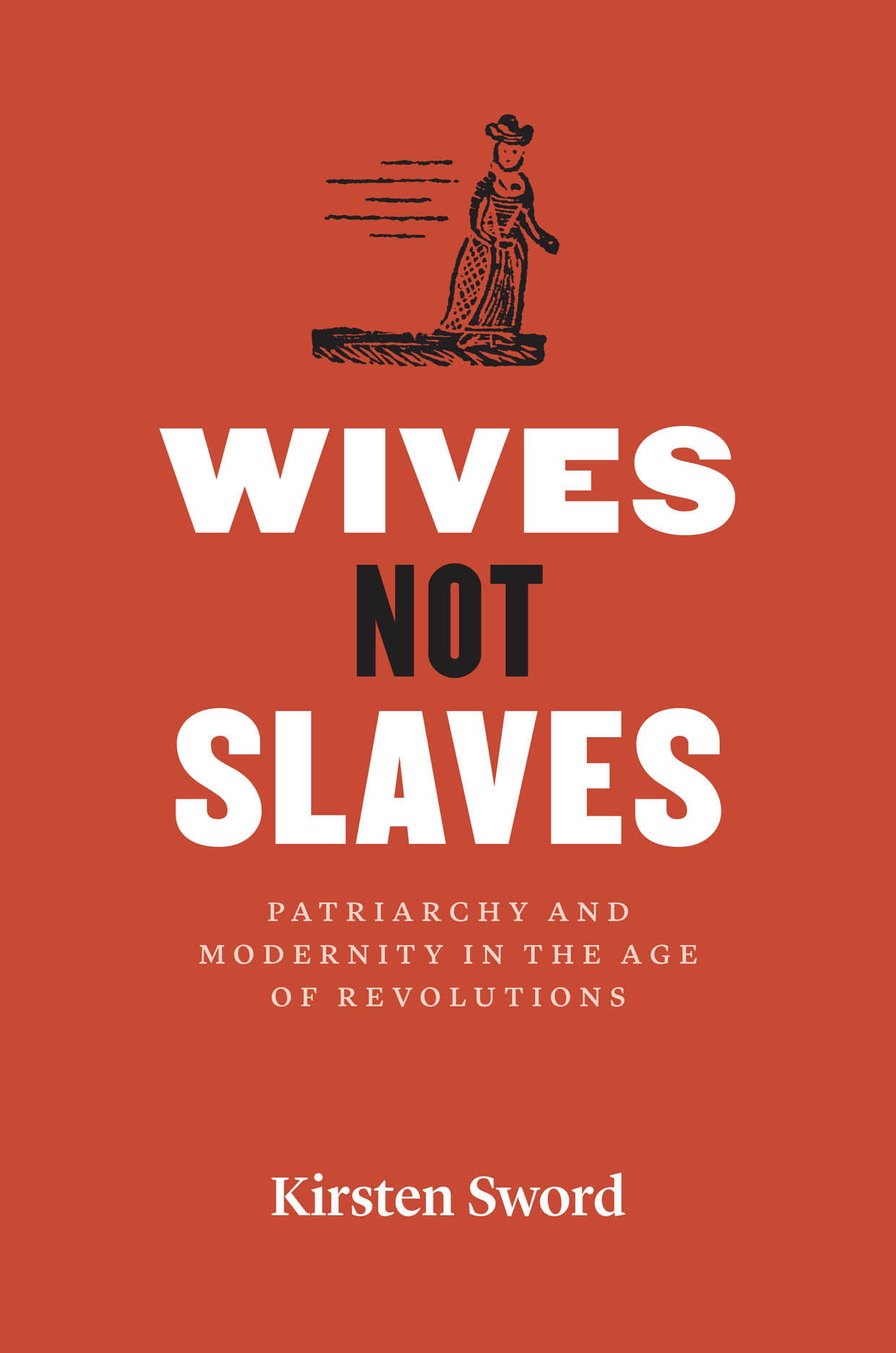The University of Chicago Press
is publishing “Wives Not Slaves - Patriarchy and Modernity in the Age of
Revolutions”.
ABOUT THE BOOK
Wives not Slaves begins
with the story of John and Eunice Davis, a colonial American couple who, in
1762, advertised their marital difficulties in the New Hampshire
Gazette—a more common practice for the time and place than contemporary
readers might think. John Davis began the exchange after Eunice left him,
with a notice resembling the ads about runaway slaves and servants that were a
common feature of eighteenth-century newspapers. John warned neighbors against
“entertaining her or harbouring her. . . or giving her credit.” Eunice
defiantly replied, “If I am your wife, I am not your slave.” With this pointed
but problematic analogy, Eunice connected her individual challenge to her
husband’s authority with the broader critiques of patriarchal power found in
the politics, religion, and literature of the British Atlantic world.
Kirsten Sword’s richly researched history reconstructs the stories of wives who
fled their husbands between the mid-seventeenth and early nineteenth centuries,
comparing their plight with that of other runaway dependents. Wives
not Slaves explores the links between local justice, the emerging
press, and transatlantic political debates about marriage, slavery and imperial
power. Sword traces the relationship between the distress of ordinary
households, domestic unrest, and political unrest, shedding new light on the
social changes imagined by eighteenth-century revolutionaries, and on the
politics that determined which patriarchal forms and customs the new American
nation would—and would not—abolish.
ABOUT THE AUTHOR
Kirsten Sword is a historian of
early American and women’s history affiliated with Indiana University
Bloomington.
TABLE OF CONTENTS
Introduction: “If I am your Wife,
I am not your Slave”
1. The Trials of Christopher and
Elizabeth Lawson: An Introduction to Post-Reformation Debates about Marriage
2. Submit or Starve: Manby v.
Scott and the Making of a Precedent
3. The Runaway Press
4. Marriage, Slavery, and
Anglo-Imperial Jurisdictional Politics
5. A Matter of Credit: Husbands’
Claims
6. “In Justice to my Character”:
Wives’ Replies
7. Wives Not Slaves
8. Rethinking the Revolutionary
Road to Divorce
Epilogue: “The Rigour of the Old
Rule”
Elizabeth Cady Stanton’s Legal
Education
Manby v. Scott in the Nineteenth
Century
Acknowledgments
Abbreviations and Source Notes
Notes
Index
More info here


No comments:
Post a Comment